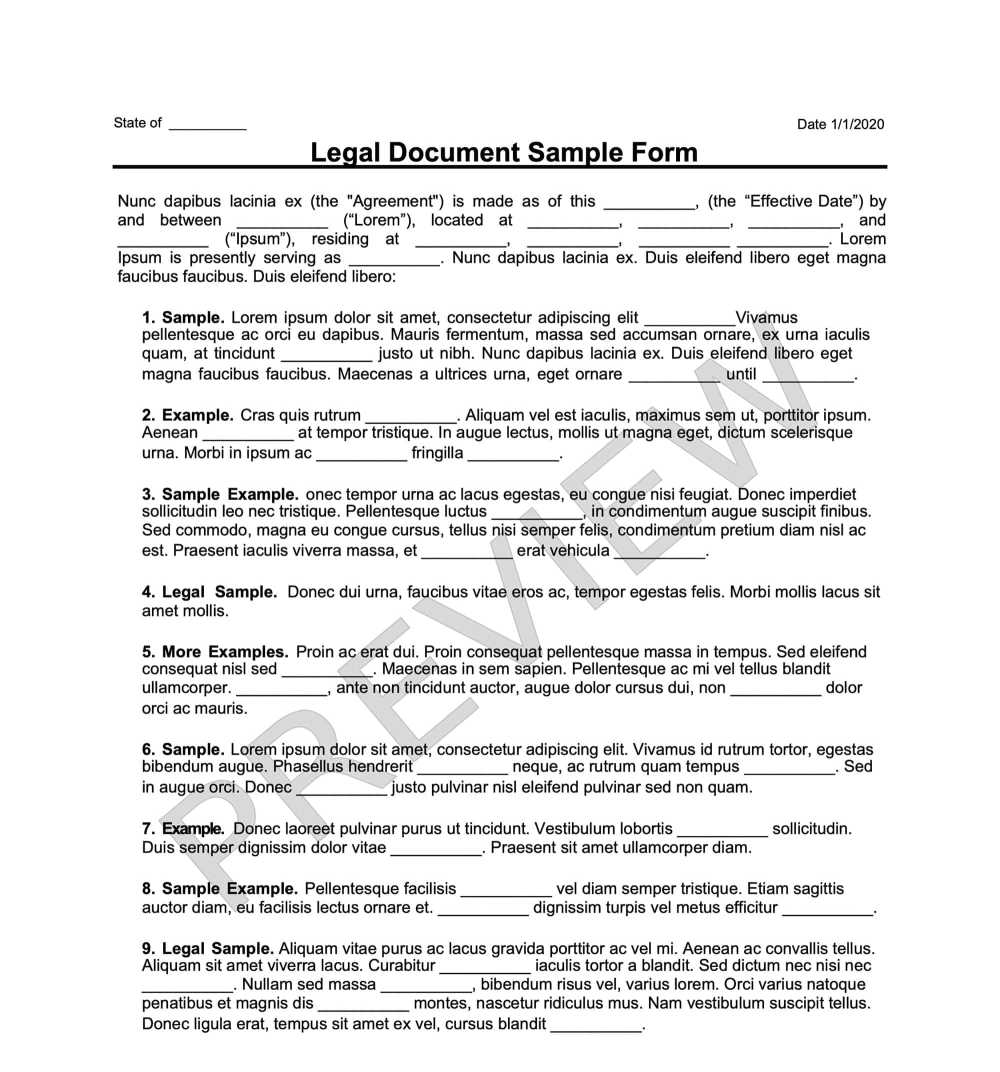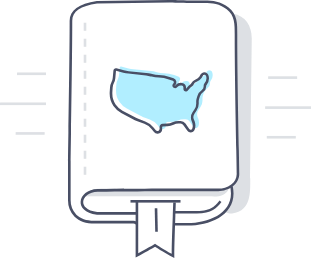Limited Power of Attorney
You would execute a Limited Power of Attorney to assign an agent to make decisions for you but only for specific purposes.


Frequently Asked Questions
The essential difference between the two is that the former ends when the principal becomes incapacitated. Whereas a Durable Power of Attorney is so called because it continues at the principal’s incapacity. Both will expire upon death. However, even a Durable Power of Attorney can be revoked, such is the case if divorced spouses neglected to update the paperwork.
You can revoke any type of power of attorney in three ways. You can issue a power of attorney revocation available on 360 Legal Form and have it sent to the agent. Another option is to assign another agent to replace the current. Finally, in the event of the principal’s death the Power of Attorney is automatically revoked. For non-durable powers of attorney, the Power of Attorney is also automatically revoked upon the principal's incapacity.
An agent to your POA does not have the power to change your will or trust documents. Furthermore, an agent does not have the right to transfer their power to another person. The primary reason is that the appointed agent has a fiduciary duty towards the principal to act in their best interests. If there's a suspicion of fiduciary betrayal, a power of attorney can be challenged in court.
Many people pick their attorneys, relatives, friends, or spouses to give a POA to. Needless to say, you should only give it to trusted people who don’t have a conflict of interest.




